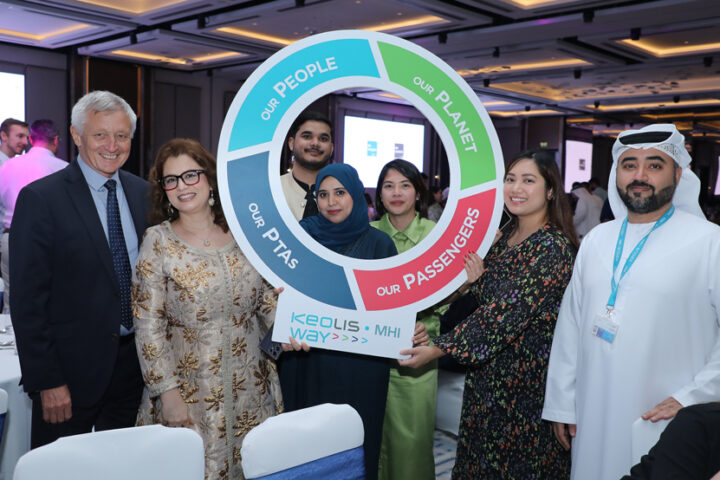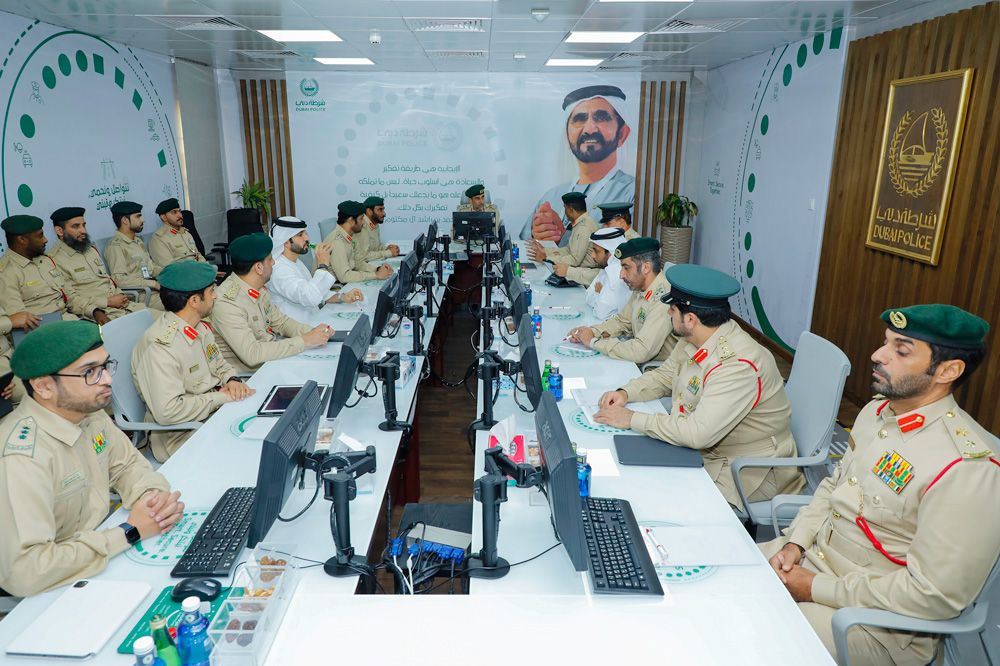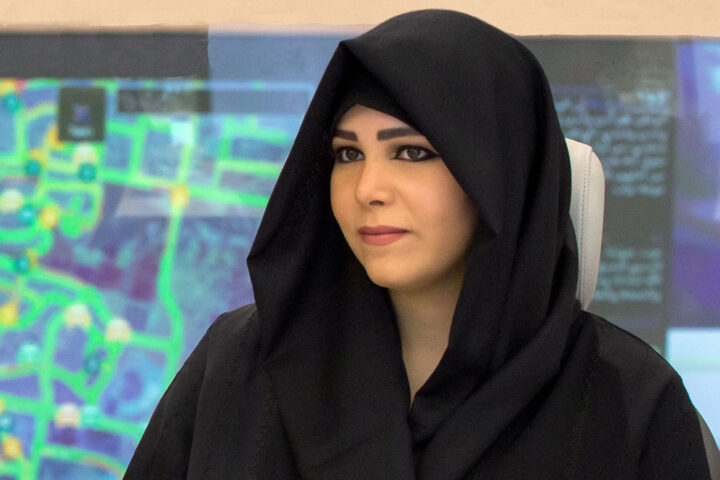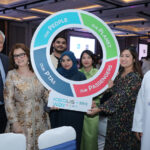Dubai, UAE – The ongoing Obstetrics and Gynaecology Conference at Arab Health 2024 is shedding light on the crucial role of HPV vaccines in preventing gynaecologic cancers, with a focus on adopting successful vaccination programs in the MENA region. Dr. Stephanie Ricci, MD, from Cleveland Clinic Abu Dhabi’s Gynaecology and Oncology departments, shared insights from global HPV vaccination initiatives during the conference’s opening day.
Cervical cancer is on the rise globally, ranking as the fourth most common cancer in women according to a 2020 study by Global Cancer Statistics. Dr. Ricci emphasized the effectiveness of HPV vaccines in preventing cervical neoplasia, a precursor to cervical cancer. The Human Papillomavirus (HPV) is responsible for the majority of cervical cancers, with 99.7% detection in such cases.
Introduced in 2007, there are three types of HPV vaccines available: HPV Quadrivalent vaccine (Gardasil), HPV 9-valent (Gardasil 9), and HPV bivalent (Cervarix). Notably, Australia’s successful vaccination program has shown a 92% reduction in HPV infection rates and a 47% decline in CIN2 and CIN3, positioning the country to eliminate cervical cancer by 2035.

According to Dr. Ricci, achieving a 70% international vaccination rate could result in over 300,000 fewer cervical cancer cases annually and more than 178,000 fewer related deaths. Australia’s comprehensive approach, including routine vaccination for both girls and boys, is cited as a successful model.
The World Health Organization (WHO) supports global vaccination efforts, recommending that nine out of ten girls worldwide should be vaccinated to prevent cervical cancer. The Obstetrics and Gynaecology Conference aims to equip healthcare professionals in the Middle East with the latest insights on topics such as Hormone Replacement Therapy, adolescent gynaecological issues, and pregnancy loss, showcasing innovations transforming women’s health.
The conference theme, ‘From evidence to practice: Transforming obstetrics and gynaecology care through clinical case integration,’ underscores the importance of translating knowledge into effective clinical practices. The event concludes on 30 January.















